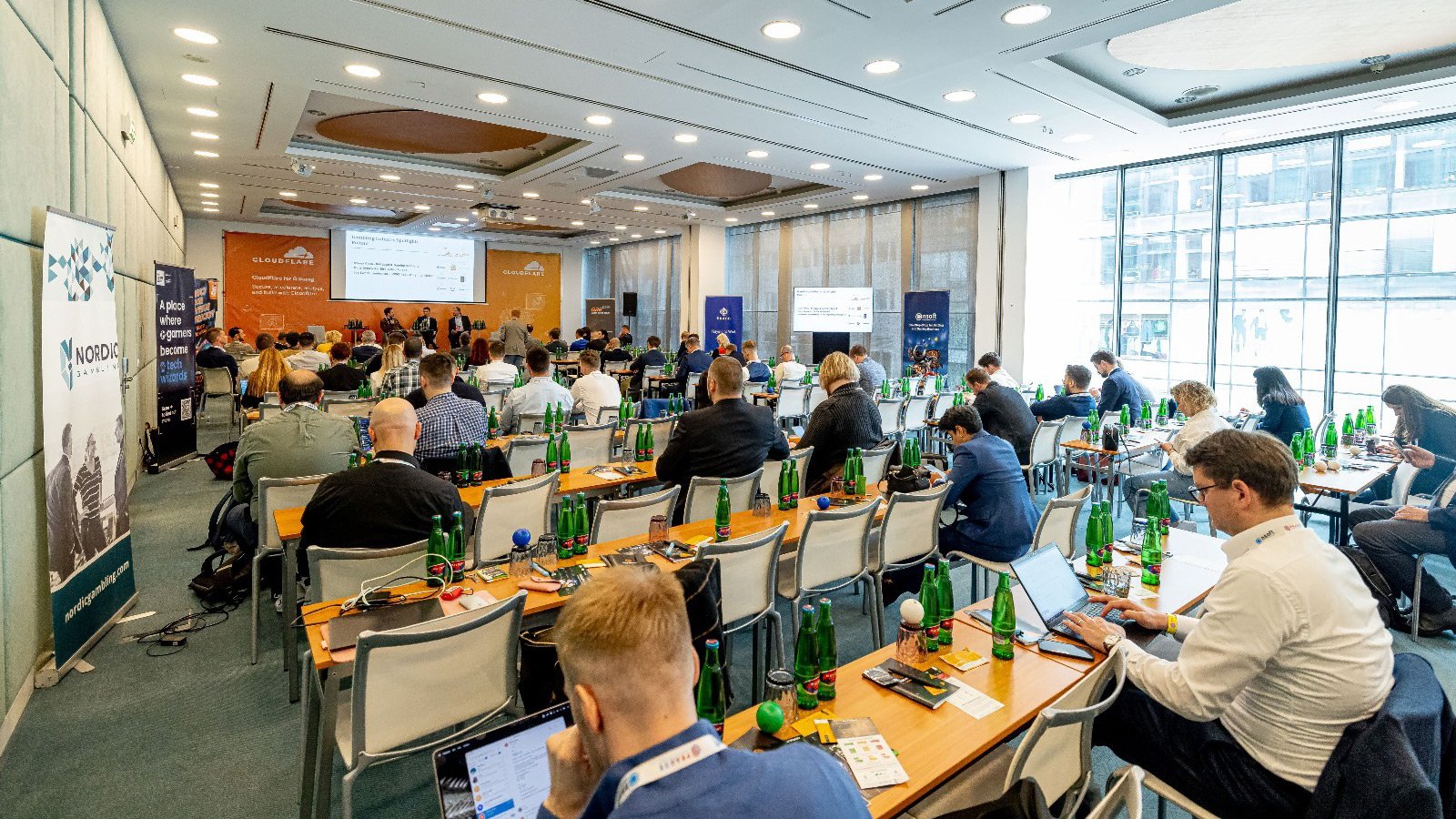German gambling regulator calls Malta’s Bill 55 "incompatible" with European requirements

Gluecksspiel (GGL), Germany's federal gambling regulator, has called Malta’s new gaming bill (Bill 55) "a protective shield" that is not compatible with European laws. The new legislation, known as the 'Gaming Amendment Bill' protects Malta Gambling Authority (MGA)-licensed operators from foreign enforcement actions.
Malta President George Vella officially signed Bill 55 into law back in June, which empowers Maltese courts to reject the acknowledgment and implementation of overseas judgments relating to online gambling in Malta. The bill has since been incorporated into the country's existing Gambling Act, which regulates and supervises the local industry.
In response to the measure, the GGL shared the following statement:
The GGL has the developments around the topic “Bill No. 55” from Malta in view. We are of the opinion that this law should not be compatible with European requirements for the recognition of decisions (Regulation (EU) 1215/2002).
However, the final assessment of this question is not the responsibility of the GGL. We have informed the federal states of our assessment and are also otherwise in contact with the relevant authorities.
We currently do not see any reason to take action beyond this, as the Federal Ministry of Justice has already approached the European Commission on this matter. We therefore assume that proceedings will be initiated accordingly.
The protective shield intended by Malta relates exclusively to civil claims by players, for the enforcement of which the GGL is not responsible.
To what extent a gambling operator’s reliance on “Bill No. 55” in civil law cases can also affect reliability under gaming law remains a question of the respective individual case.
GGL said the law may be in response to the sharp rise in the number of successful gambling loss repayment claims against Maltese gambling companies by players claiming illegal losses as the gambling offered was not legal in their home country.
Malta hosts a wide array of B2B and B2C iGaming firms. Many iGaming businesses choose to get licensed in Malta because of the country's tax benefits and EU market access. Due to the latter, several Malta-domiciled brands also operate in diverse European betting markets, as well as other regions across the globe.
With the enactment of Bill 55, these companies will be immune to the external regulatory measures or sanctions that may be imposed by betting and gaming regulators from other jurisdictions. Their activities will be shielded by the bill and will guarantee the safety of their licenses even if they commit a regulatory offense in another market.
However, recent news reports suggest that MGA could be revisiting its position on the Macolin Convention. The new policy shift signals a potential change in direction concerning the adoption of the agreement, which impacts the definition of illicit sports betting.
If ratified, the Macolin Convention would modify the definition of illegal sports betting. Under the revised interpretation, sports betting websites operating from Malta and providing services to jurisdictions where such activities are prohibited would be considered "illegal".
















































